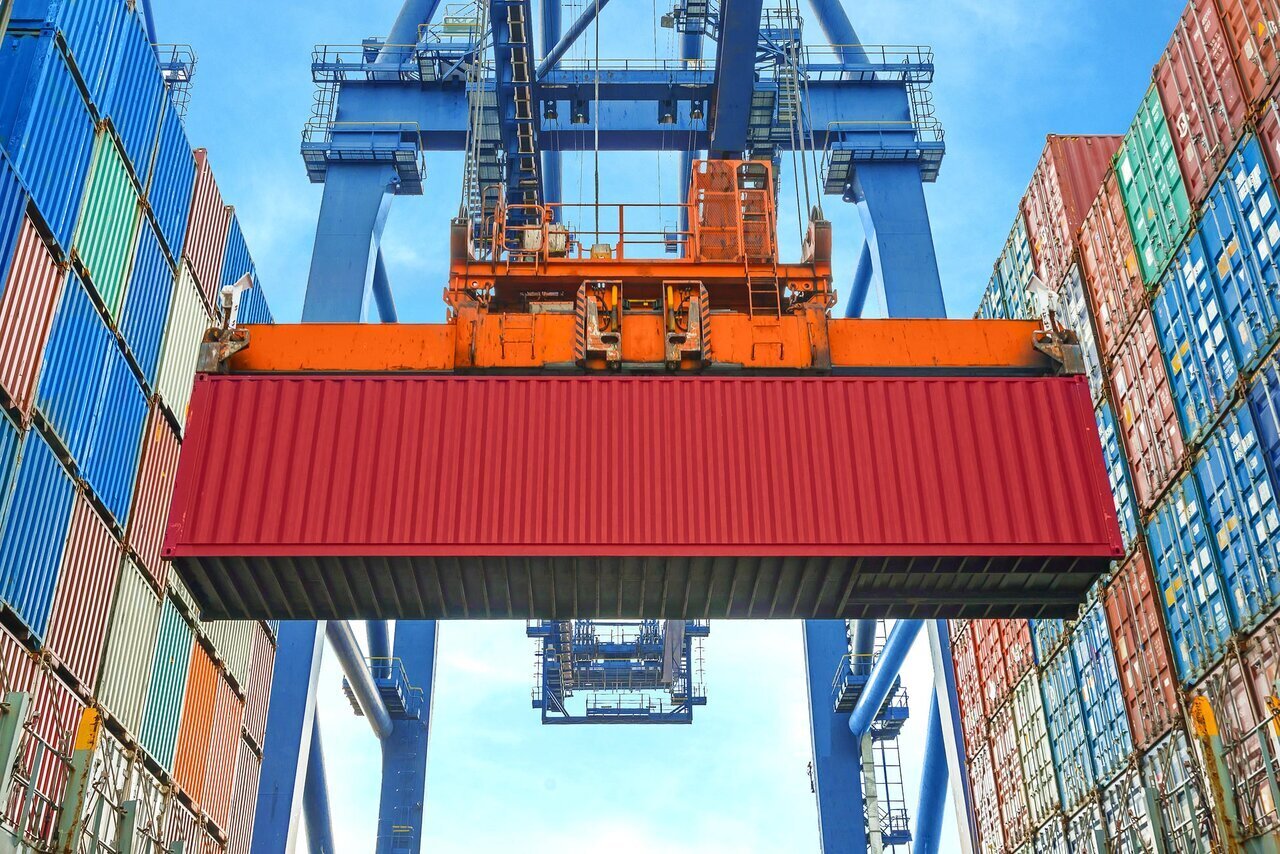Iran’s export to EAEU members rises 11% in 10 months yr/yr

TEHRAN – The value of Iran’s exports to the members of the Eurasian Economic Union (EAEU) increased by 11 percent in the first 10 months of the current Iranian calendar year (March 21, 2023-January 20, 2024) as compared to the same period last year, the spokesman of the International Relations and Trade Development Committee of Iran's House of Industry, Mining and Trade said.
According to Ruhollah Latifi, the Islamic Republic exported 3.370 million tons of commodities worth $1.337 billion to the members of the Eurasian Economic Union in the mentioned 10 months, IRNA reported.
Exports to the EAEU also increased by 19 percent in terms of weight, according to Latifi.
According to the official, fishery, agricultural, and food products account for 42 percent of Iran's export value to Eurasia, and the average value of each ton of Iran's export goods to this union was $723 in the mentioned period.
The exports of fishery, agricultural, and food products to the EAEU in the said 10 months increased by 17.2 percent in weight and 16.4 percent in value compared to the same period last year.
The Russian Federation, Kazakhstan, Kyrgyzstan, Armenia, and Belarus were the top destinations for Iranian goods in the mentioned period, respectively.
Iran and EAEU reached a preferential trade agreement in 2018 based on which about 862 commodity items are currently subject to preferential tariffs.
The agreement came into effect on October 27, 2019.
Back in July, the minister in charge of trade of the Eurasian Economic Commission (EEC) said that the EAEU’s cooperation with Iran is actively expanding in various fields, and trade between the two sides has doubled over the past four years.
Andrey Slepnev also said that trade between the union and the Islamic Republic of Iran rose 22 percent in 2022.
The important thing is that bilateral trade exchanges are balanced, that is, almost as much as the Eurasian Economic Union supplies goods to Iran, Iran also exports goods to the member countries of this union, the official noted.
Emphasizing that the EAEU attaches great value to Iranian goods, the minister in charge of trade of the Eurasian Economic Commission said: "Agricultural products now account for 75 percent of the trade exchanges of this union with Iran."
“Industrial goods have a special place in the framework of cooperation between the Eurasian Economic Union and Iran, and therefore, we are developing trade exchanges in the field of minerals, industries, and chemicals”, he added.
Slepnev further expressed his hope that the trade exchanges of the parties would expand in the field of machinery.
During a meeting between the Head of the Islamic Republic of Iran Customs Administration (IRICA) Mohammad Rezvani-Far and Minister in Charge of Customs Cooperation of the Eurasian Economic Commission Eldar Alisherov in Tehran in late April, the two sides explored the ways for increasing customs cooperation to boost the bilateral trade.
During this meeting, Rizvani-Far said: “Although the memorandum of understanding with Eurasia is for three years, the formalities of turning this memorandum into a long-term agreement will be completed soon, and we will follow up on these agreements through approval in Iran’s parliament.”
According to the IRICA head, Iran's trade with Eurasian countries is 3.3 billion dollars annually, which includes over 1.5 billion dollars of Iran's exports to Eurasia and more than 1.7 billion dollars of imports from Eurasia.
He also said: “After the agreement and facilitation, our trade exchanges with this union increased by 32 percent in the previous year, and we have set a target in the customs that the figure will increase from 3.3 billion dollars to 10 billion dollars. I think it is quite possible.”
“In the goods transit sector, our trade volume was 1.8 million tons, of which more than one million tons of goods were transited from Eurasia through Iran, and over 700,000 tons of goods were transited from Iran to Eurasia”, the official further announced.
Minister in charge of Customs Cooperation of the Eurasian Economic Commission, for his part called the meeting with the IRICA head a success and said: “We hope that our three-year temporary agreement with Iran will turn into a long-term agreement in the future and more privileges will be considered between this union and Iran.”
He expressed hope that the trade exchanges between Iran and this union be doubled and a trade agreement between the two sides be arranged as soon as possible.
EF/MA
